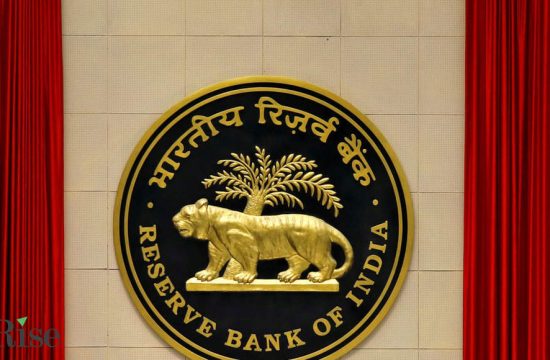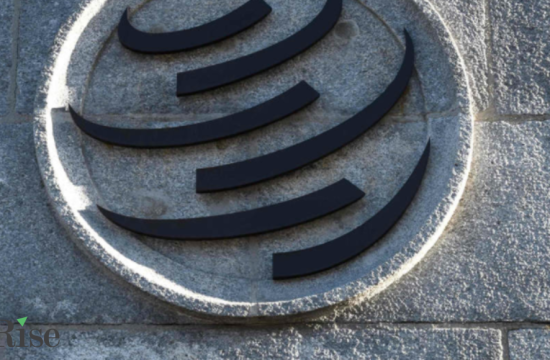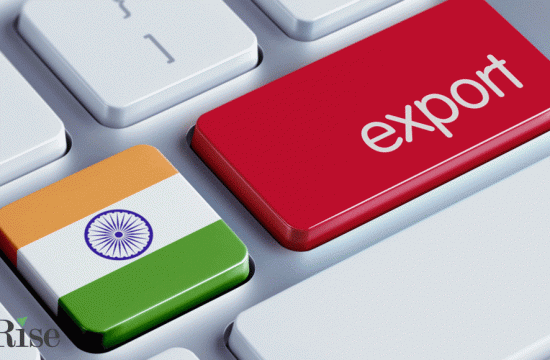
JPMorgan Chase is making a play to sell more services to millions of American small business owners, pushing into an area pioneered by fintech firms including Square, PayPal and First Data, CNBC has learned.
The bank is rolling out a checking account that is paired with a new fintech-inspired service called QuickAccept, according to JPMorgan executives. QuickAccept lets merchants take card payments within minutes, either through a mobile app or a contactless card reader, and users will see sales hit their Chase business accounts on the same day.
That fast funding is offered free, unlike competitors including Square, which typically take a day or more and charge a 1.5% fee to make instant transfers.
“Our competition either doesn’t have same-day funding, or they charge for it,” Max Neukirchen, CEO of JPMorgan’s merchant services arm, said in an interview. “We think it’s a great differentiator for businesses because getting money into their account quickly is so important as they manage their cash flow.”
The move shows that JPMorgan, the biggest U.S. bank by assets, isn’t content letting newer rivals monopolize emerging trends. Small merchants struggled with point-of-sale card transactions until 2009, when Twitter co-founder Jack Dorsey came up with the idea for a piece of hardware that attached to smartphones. That was the launching point for Square, and now the company manages $ 100 billion in payment volumes annually and has an $ 83 billion market capitalization.
That swift ascent caught the eye of JPMorgan CEO Jamie Dimon, who mentioned Square during a February 2019 investor conference. “They came out with this whole dongle to process stuff and it was a great idea,” Dimon said at the event. “They did all stuff we could have done that we didn’t do.”
Besides Square, PayPal is a major player in this arena. The payments firm, which first gained traction as the rails for eBay sellers, now has 346 million active accounts globally. Another player is Clover, an Andreessen Horowitz-backed start-up that was acquired by First Data in 2012. First Data was later bought by Fiserv.
Now, as fintech firms including Square and PayPal move more directly into competition with banks by offering lending products and digital wallets that increasingly resemble checking accounts, JPMorgan is ready to fight back.
The bank designed its QuickAccept card reader, a hardware device that processes card payments via tap, dip or swipe, internally with the help of a team gained from its 2017 WePay acquisition, Neukirchen said. The firm leaned on tech investments made in the bank’s Treasury Services division to help process payments faster, he said.
Mass migration
JPMorgan will migrate “a large portion” of its more than three million small business customers to the new service, said Jen Roberts, CEO of the Chase business banking unit. It is targeting customers with less than $ 500,000 in annual revenue who want to avoid paying fees, she said.
The pitch to these customers: Bring more of your overall transactions to JPMorgan’s new all-in-one solution, called Chase Business Complete Banking, rather than cobbling together services from banks and fintech providers, she said. A monthly fee is waived if they hit either $ 2,000 in average daily balances, $ 2,000 in QuickAccept volumes or $ 2,000 spent on a small business credit card.
“We know there are obviously those that are using competitors’ products, we can see them settling into their deposit accounts,” Roberts said. “Our hope is that through this more integrated experience, they will migrate their business over to QuickAccept through Business Complete Banking.”
Instead of having to separately sign up for a merchant services account, a process that JPMorgan said previously took longer than a week, payments capabilities can be unlocked with a few clicks.
Processing fees
At stake for JPMorgan and its competitors, of course, are lucrative card-processing fees.
The bank charges 2.6% plus 10 cents per tap, dip or swipe transaction and 3.5% plus 10 cents per transaction that is keyed into the mobile app, JPMorgan said. The card reader costs $ 49.95. That’s all in line with what competitors charge.
The upheaval caused by the coronavirus pandemic could prove to be an opportunity for Chase. The bank piloted its service in Utah earlier this year, and 95% of users were new to the bank’s small business brand, and more than two-thirds were owners of businesses formed this year, the bank said.
The bank’s experience there suggests that it’s not just digitally-savvy e-commerce merchants that will benefit from this new service, but other sectors that have resisted electronic payments until now, Roberts said.
“We’ve had construction companies, landscapers, people who don’t like to accept credit cards regularly but will do it for a big ticket,” she said. “They want to accept payments easily while they’re on the go, but they aren’t who you would consider e-commerce.”









